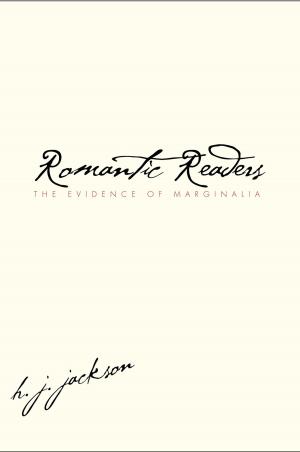| Author: | Aesop | ISBN: | 1230000102377 |
| Publisher: | Aesop | Publication: | January 25, 2013 |
| Imprint: | Language: | English |
| Author: | Aesop |
| ISBN: | 1230000102377 |
| Publisher: | Aesop |
| Publication: | January 25, 2013 |
| Imprint: | |
| Language: | English |
"AESOP'S FABLES - Top Classic Novels" This edition included NEW illustrations, Clickable Table of Contents for both the list of included books and their respective chapters. Navigation couldn't be easier. The text and chapters are perfectly set up to match the layout and feel of a physical copy, rather than being haphazardly thrown together for a quick release.
Aesop's Fables or the Aesopica is a collection of fables credited to Aesop, a slave and story-teller believed to have lived in ancient Greece between 620 and 560 BC.
Apollonius of Tyana, a 1st century AD philosopher, is recorded as having said about Aesop:
... like those who dine well off the plainest dishes, he made use of humble incidents to teach great truths, and after serving up a story he adds to it the advice to do a thing or not to do it. Then, too, he was really more attached to truth than the poets are; for the latter do violence to their own stories in order to make them probable; but he by announcing a story which everyone knows not to be true, told the truth by the very fact that he did not claim to be relating real events.
Aesop was a fabulist or story teller credited with a number of fables now collectively known as Aesop's Fables. Although his existence remains uncertain and (if they ever existed) no writings by him survive, numerous tales credited to him were gathered across the centuries and in many languages in a storytelling tradition that continues to this day. Many of the tales are characterized by animals and inanimate objects that speak, solve problems, and generally have human characteristics.
Scattered details of Aesop's life can be found in ancient sources, including Aristotle, Herodotus, and Plutarch. An ancient literary work called The Aesop Romance tells an episodic, probably highly fictional version of his life, including the traditional description of him as a strikingly ugly slave (δοῦλος) who by his cleverness acquires freedom and becomes an adviser to kings and city-states. Older spellings of his name have included Esop(e) and Isope. A later tradition (dating from the Middle Ages) depicts Aesop as a black Ethiopian. Depictions of Aesop in popular culture over the last 2500 years have included several works of art and his appearance as a character in numerous books, films, plays, and television programs.
"AESOP'S FABLES - Top Classic Novels" This edition included NEW illustrations, Clickable Table of Contents for both the list of included books and their respective chapters. Navigation couldn't be easier. The text and chapters are perfectly set up to match the layout and feel of a physical copy, rather than being haphazardly thrown together for a quick release.
Aesop's Fables or the Aesopica is a collection of fables credited to Aesop, a slave and story-teller believed to have lived in ancient Greece between 620 and 560 BC.
Apollonius of Tyana, a 1st century AD philosopher, is recorded as having said about Aesop:
... like those who dine well off the plainest dishes, he made use of humble incidents to teach great truths, and after serving up a story he adds to it the advice to do a thing or not to do it. Then, too, he was really more attached to truth than the poets are; for the latter do violence to their own stories in order to make them probable; but he by announcing a story which everyone knows not to be true, told the truth by the very fact that he did not claim to be relating real events.
Aesop was a fabulist or story teller credited with a number of fables now collectively known as Aesop's Fables. Although his existence remains uncertain and (if they ever existed) no writings by him survive, numerous tales credited to him were gathered across the centuries and in many languages in a storytelling tradition that continues to this day. Many of the tales are characterized by animals and inanimate objects that speak, solve problems, and generally have human characteristics.
Scattered details of Aesop's life can be found in ancient sources, including Aristotle, Herodotus, and Plutarch. An ancient literary work called The Aesop Romance tells an episodic, probably highly fictional version of his life, including the traditional description of him as a strikingly ugly slave (δοῦλος) who by his cleverness acquires freedom and becomes an adviser to kings and city-states. Older spellings of his name have included Esop(e) and Isope. A later tradition (dating from the Middle Ages) depicts Aesop as a black Ethiopian. Depictions of Aesop in popular culture over the last 2500 years have included several works of art and his appearance as a character in numerous books, films, plays, and television programs.















